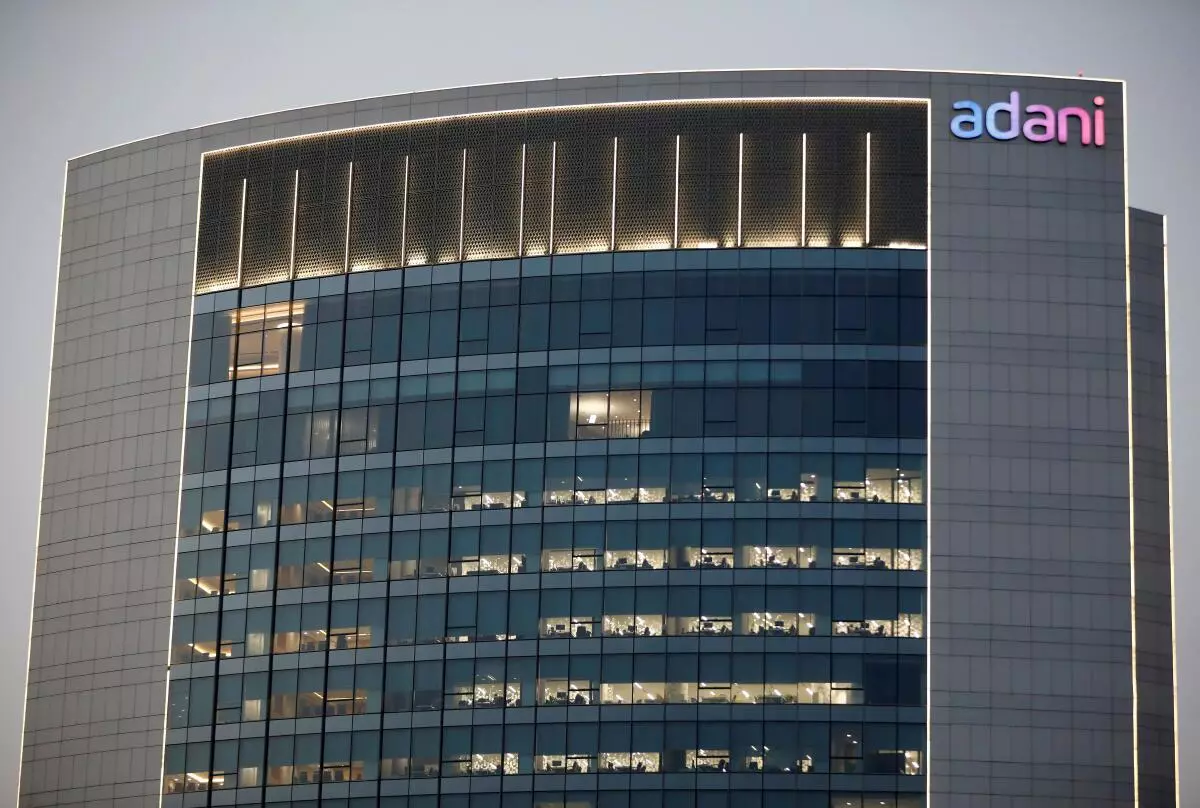SEBI Denied Investigation Against Any Adani Firm Since 2016 – Calles It ‘Factually Baseless’
SEBI mentions in the supreme court allegations of investigating the Adani group since 2016 were factually baseless .

India’s securities regulator, the Securities and Exchange Board of India (SEBI), recently denied investigating Adani group companies since 2016.
SEBI, which regulates and oversees the Indian securities market, said it had conducted regular surveillance and enforcement actions against various market entities.

SEBI about Adani’s allegation
The Securities and Exchanges Board of India (SEBI) asserted in its affidavit that the allegations made against the Adani firms are false and that SEBI has not been investigating them since 2016. Even though none of them were listed companies owned by Adani, it stated that 51 Indian listed entities had been the focus of investigations.
According to the SEBI record, “necessary enforcement steps have been taken in this specific case following completion of the inquiry. The assertion that it has been “investigating Adani since 2016 is factually baseless” and that “reliance attempted to be placed upon the investigation regarding GDRs is wholly misplaced” are both unfounded.
In response to the Hindenburg Research study, SEBI noted that it had sent “a detailed note…to the expert committee constituted by” the SC and that it covered “the steps taken, responses, received, and the current situation regarding information gathering within the MMOU of IOSCO.
At first glance, it appears that the investigation and examination of the 12 transactions detailed in the Hindenburg Report are highly complex and involve numerous transactions that are very similar across many different countries.
A thorough investigation of these transactions would necessitate the gathering of data and information from a variety of sources, including bank statements from numerous domestic and international banks, and financial statements, Therefore, the study of the papers collected from numerous suppliers would be required to draw firm findings.
As previously mentioned, the SEBI affidavit, “proper enforcement actions were taken in this case following the outcome of the investigation. The claim that it has been “investigating Adani since 2016 is factually baseless” as a consequence, and the “reliance sought to be placed on the investigation about GDRs is wholly misplaced.”
Therefore, it is inaccurate that Adani has been the subject of an investigation by the Securities and Exchanges Board of India (SEBI) since 2016. Therefore assert that any reliance on the GDR inquiry that has been attempted to be made is unwarranted, it said.
SEBI returned after representative Prashant Bhushan claimed during last week’s session that because the regulator has admitted to investigating Adani’s activities since 2016, no more time ought to have been given to them.
On Monday, the market regulator informed the Supreme Court that any inaccurate or hurried inquiry into any regulatory disclosure gaps by the Adani Group would be legally inappropriate. In contrast to the two months it received on March 2, the agency requested six months to conclude its investigation.
SEBI responded after representative Prashant Bhushan claimed throughout last week’s session that because the regulator was aware it had been investigating Adani transactions since 2016, no more time should be given to them.
On the following day, the market authority informed the Supreme Court that any inaccurate or impulsive investigation into any regulatory disclosure loopholes by the Adani Group would be legally unacceptable. In contrast to the two months allotted on March 2, the law enforcement agency asked for six months for the completion of its investigation.

The supreme court announced that it would be willing to consider extending the deadline by a period of three months.
Hindenburg’s allegations against the Adani group, according to the SEBI, are extremely complicated and involve multiple sub-transactions, and fall under numerous countries. It claimed that its initial inquiry was made as early as October 6, 2020, and that it had previously approached 11 foreign regulators for information to determine whether the Adani group had broken any rules about its publicly traded shares.
Thus, through the affidavit sebi has proved that it hasn’t conducted any investigation followed by calling it baseless and placing it for further investigation .and as the enforcement agency has asked for 6 months for investigation, we need to keep our eyes on what’s going to happen after then and how adani is going to overcome its consequences.
Proofread & Published By Naveenika Chauhan




